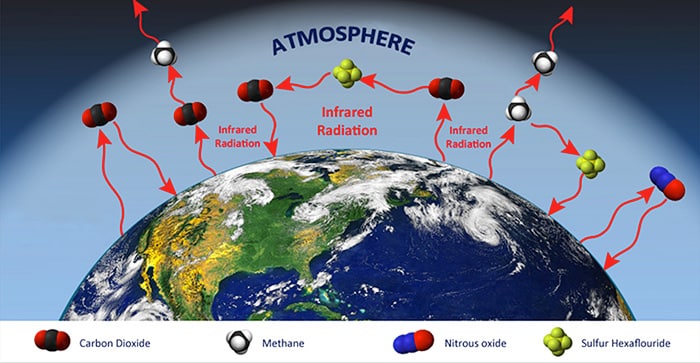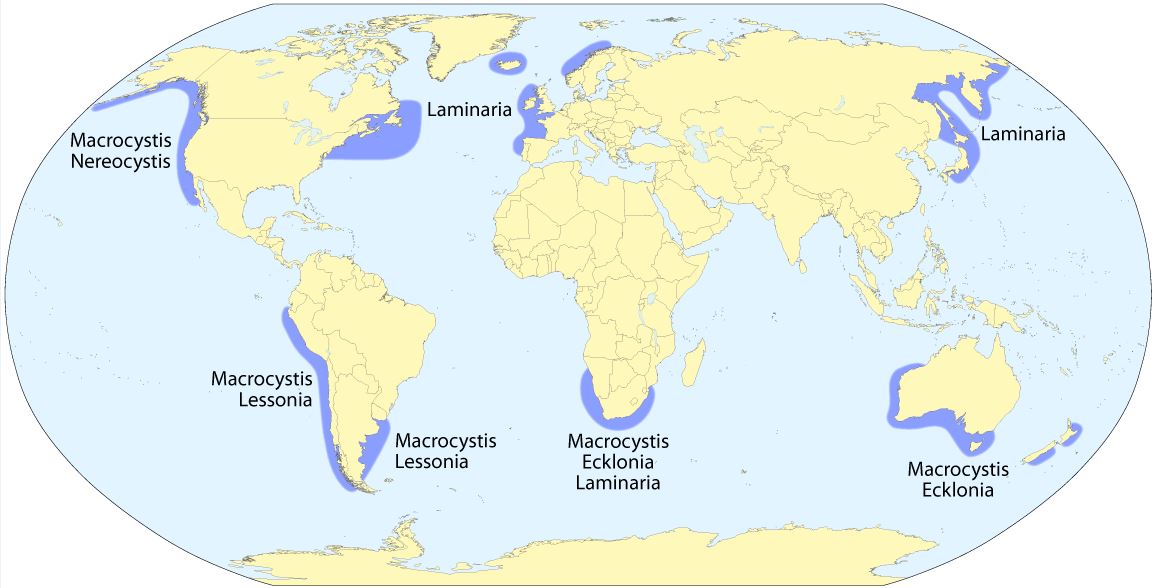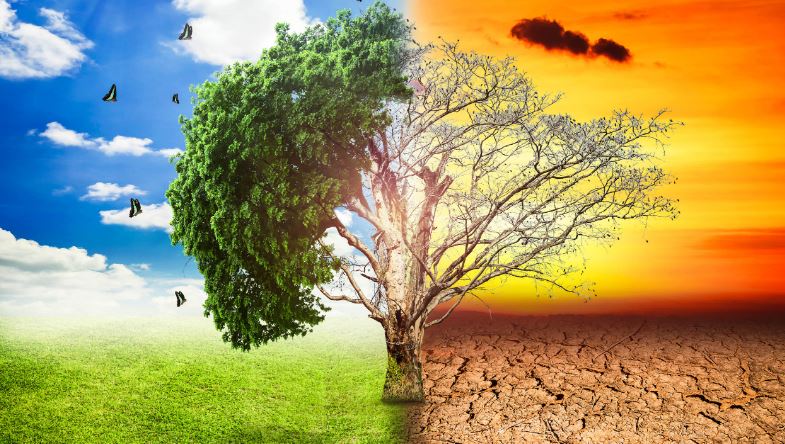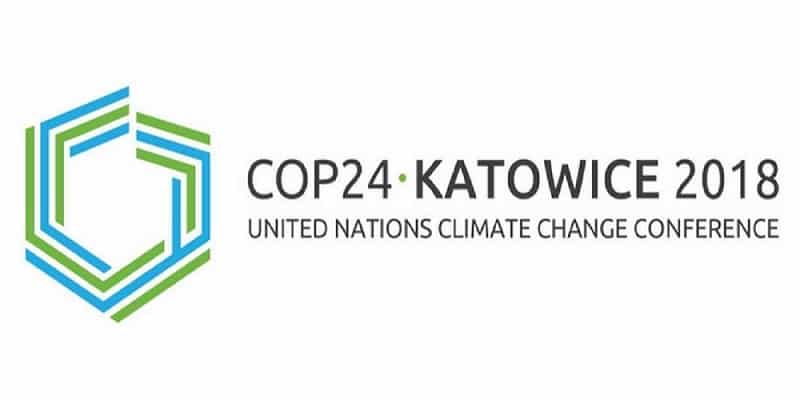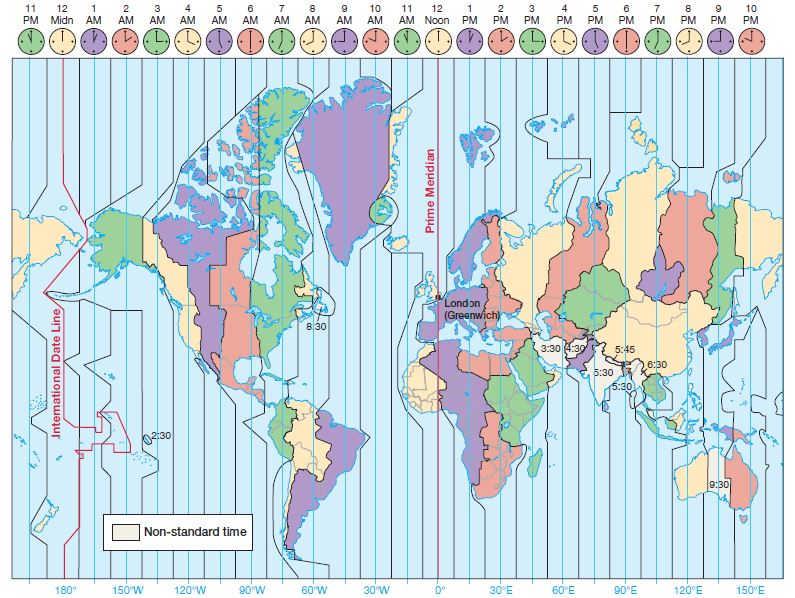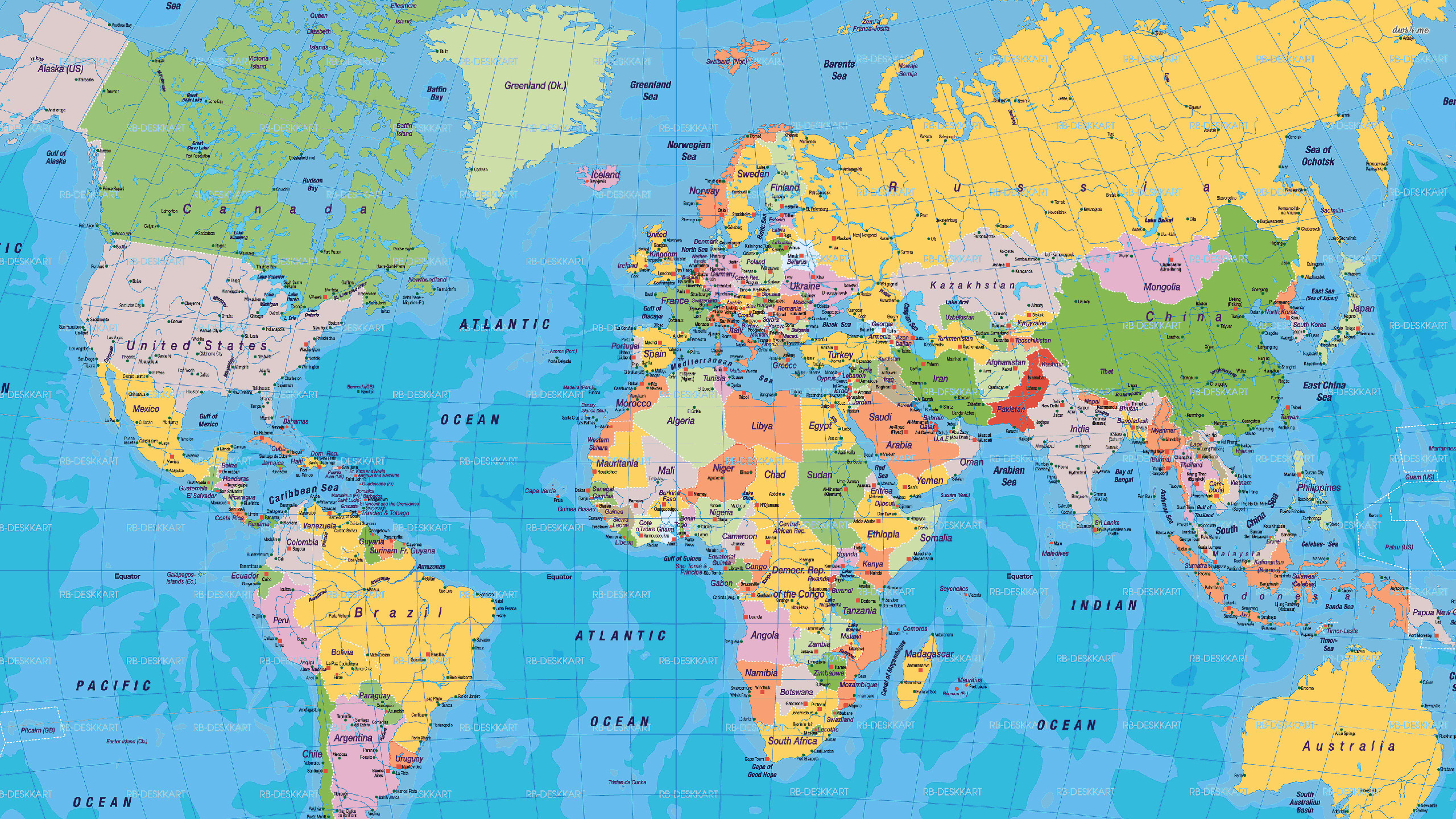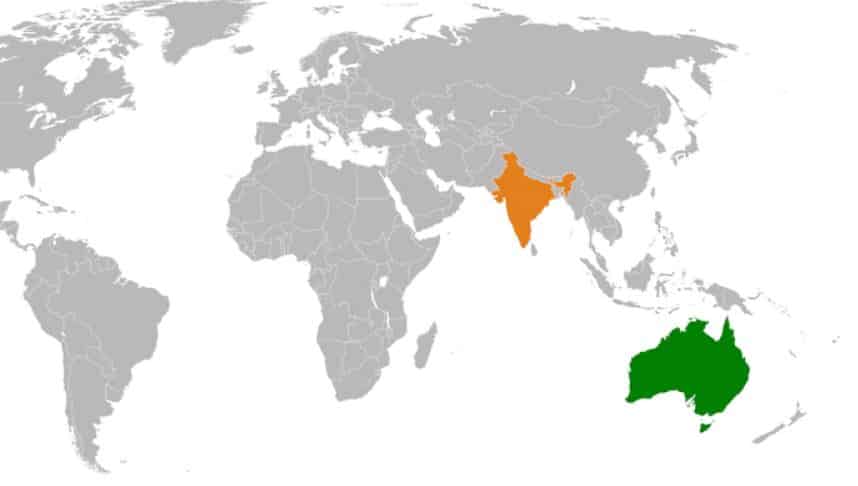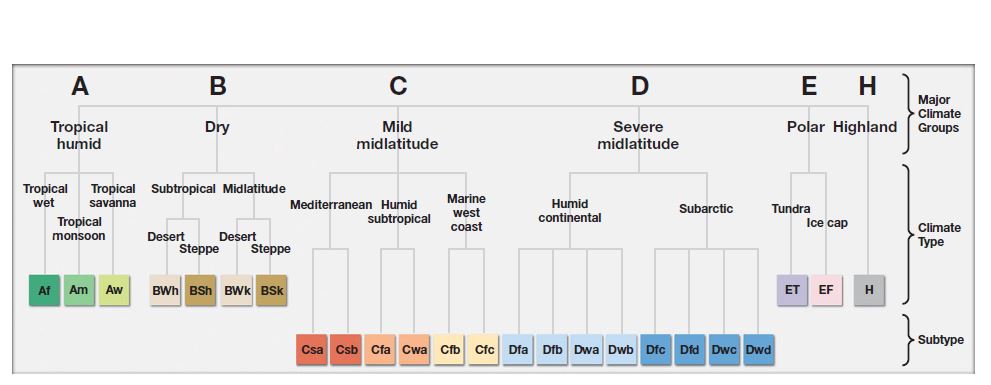Why Climate Change is a security issue? | UPSC IAS
Many Scholars declared Climate Change as Warming War which requires intervention of United Nation Security Council as per its mandate under article 39 of UN charter. The Warming War is a metaphor (like Cold War) which conveys how climate change acts as a driver of such conflict, as its impacts accumulate and multiply to threaten the security of human life on earth.
Article 39 of UN charter – The Security Council shall determine the existence of any threat to the peace, breach of the peace, or act of aggression and shall make recommendations, or decide what measures shall be taken to maintain or restore international peace and security.
Climate Change as a Security Issue | UPSC IAS
- Earth’s limited resources are under pressure as demand for food, water, and energy is increasing. Widespread unemployment, rapid urbanization, and environmental degradation can cause persistent inequality, political marginalization, and unresponsive governments leading to instability and conflict.
- In above context United Nation Environment Program has identified seven factors where climate change acts as threat multiplier to security and peace of states and society.
- Local resource competition: As pressure on local resources is increasing, competition can lead to instability and even violent conflict in absence for proper dispute resolution.
- Livelihood insecurity and Migration
- Climate change will increase the insecurity of farmers who depend on natural resources for livelihood. It could push them to migrate and turn to informal and illegal source of income.
- As per World Bank estimates by 2050, about 140 million people will be forced to leave their place of origin in South Asia, Africa and Latin America.
- Extreme weather events and disasters: Disasters will exacerbate fragile situation and can increase people vulnerabilities and grievances especially in countries affected by conflict.
- Volatile food price
- Climate change is likely to disrupt food production in many regions, increase prices, market volatility and heightening risk of protest, rioting and civil conflicts.
- As per IPCC assessment by 2080 there will be 770 million undernourished people by 2080 due to climate change.
- Transboundary water management
- It is a frequent source of tension. As demand grows and climate impact affects availability and quality, competition over water use will likely exert pressure at local, regional and global level.
- According to recently released Hindu Kush-Himalayan Assessment report with current emission level two-third of glaciers in the region will be lost by 2100 and cause water crisis for 2 billion people.
- Sea level rise and coastal degradation
- Rising sea level will threaten the viability of low lying areas even before they are submerged, leading to social disruption, displacement and migration. Also, disagreement over maritime boundaries and ocean resources may increase.
- As per IPCC 5th assessment report sea level rise can be 52-98 cm by 2100.
- Unintended effects of climate change: As the climate adaptation and mitigation policies are more broadly implemented, the risks of unintended negative effects-particularly in fragile regions will also increase. In countries with poor institutional capacity and governance, this may lead to immense political pressure and ultimately civil war.
Reason for support of UNSC intervention | UPSC IAS
- If the UNSC declares the impacts of climate change an international threat then military and non-military sanctions could be invoked.
- The sanctions would be available to the council in the event of states not meeting their Paris Agreement obligations. Economic sanctions could also be placed upon corporations that currently operate with relatively little international scrutiny.
- Supporters of such declaration cites slow and ineffective progress of climate negotiations (under UNFCCC) and demand a rapid response to decreasing GHG emissions to stop temperature rise below 2°C. It’ll bring element of coercion in climate agreements.
- These measures could include the deployment of peacekeeping forces and increased humanitarian assistance surrounding direct and indirect climate induced crises.

